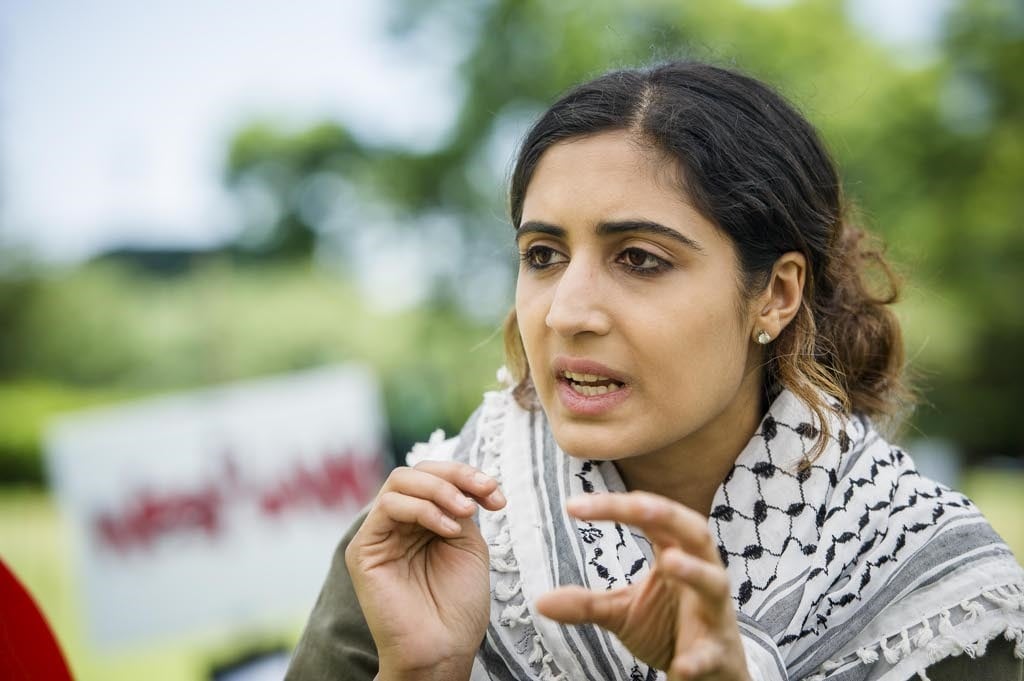
Shaeera Kalla – student leader, activist and former president of the Wits student representative council – identified education, and its ability to transform lives, as a central issue for the youth today:
“Education is about being able to choose your place in society and is the key to overcoming structural inequality and economic exclusion,” she said.
Much of the volatility seen on South African campuses and at
institutions of higher learning during the Fees Must Fall protests in 2015 was
aggravated by the youth’s perception that their voice and opinions were not
being taken into account.
With about 21 million citizens between the ages of 14
and 35, South Africa’s youthful demographic feels marginalised and
forgotten.
Kalla explained that the legitimate demands put forward during last year’s protests have not been resolved and won’t disappear:
“The system has to
change so that your success is not simply determined by where you were born, or
the financial situation that you were born into.”
Thami Pooe, member of the Wits student representative council, told the forum that South Africa’s youth was beginning to find its own independent voice.
He said many South Africans were still economically excluded, and the widening inequality gap, exacerbated by a lack of access to education, means this inequality had manifested with only a few able to access the mainstream economy.
“Collective action is needed to deconstruct our many societal ills,” he said.
“The failure to seek to understand one another is our greatest challenge in South Africa today,” Ndumiso Hadebe, winner of South Africa’s youth leadership debate show One Day Leader and an entrepreneur, explained.
While historically South Africans had been deliberately divided and
kept unequal, he said:
“Now we have the opportunity to create the country of our
dreams. But this means having the difficult conversations around persistent
inequality.”
Hadebe said a sense of ownership of South Africa’s problems would allow for innovative solutions:
“We must be solution-oriented. Education is still the greatest equaliser and tool to change the world, but it must respond to our challenges and must be practical.”
Steven Zwane, founder and chairperson of the non-profit organisation Youth Leadership and Entrepreneurship Development said he believed practical solutions are required to make young people “entrepreneurially aware.”
Business leaders could play a fundamental role in achieving this by
opening up windows of possibility for young people and allowing them to excel.
“We continue to promote the affluence of our lives. There is the opportunity for reflection from every executive and a multitude of opportunities exist to be door openers and enablers.”
City Press is a media sponsor of the Gibs forums.




 Publications
Publications
 Partners
Partners








